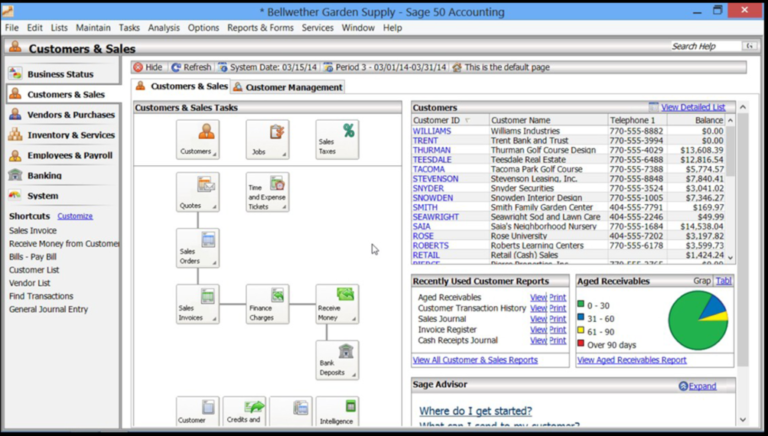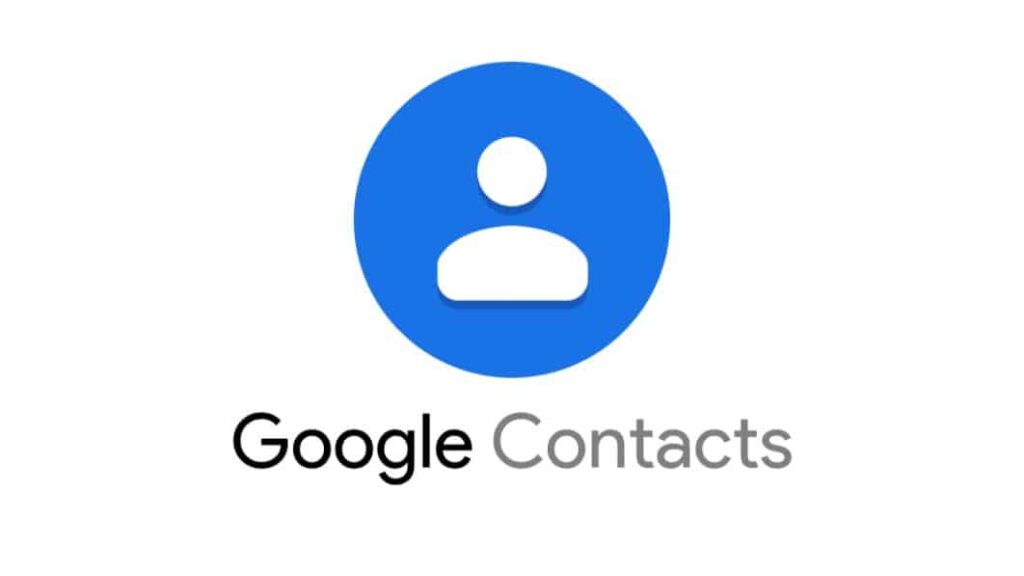Automate your sales, marketing, and service in one platform. Avoid data leaks and enable consistent messaging. Get started with your Google Contacts Telephony Integration today.
Get in Touch
Learn more detail about CRM Integration with your phone system from our expert team.
Application Information:
- Manufacturer:
- CRM:
- Contacts
- Market/Sector:
- Directory
- Version:
Other Informations:
- Operation System:
- Windows
- Installation Option:
- Optional
- Product:

Supported Features (related to latest supported release)
- Address book search:
- Caller details preview:
- Manual screen pop:
- Click to dial via Sipdesk Integrator:
- Additional features:
- Click to dial via Go Integrator:
- Auto Screen Pop:
- Manual call activity logging:
- Automatic call activity logging:
- Integration with Notes:
Get in Touch
Learn more detail about CRM Integration with your phone system from our expert team.
Description
Introduction to Google Contacts Telephony Integration
Google Contacts Telephony Integration refers to the process of connecting your telephony system to Google Contacts, a popular contact management tool offered by Google. By integrating your telephony system with Google Contacts, you can streamline your call handling processes, improve your customer service, and gain valuable insights into your sales and customer service operations.
Benefits of integrating telephony with Google Contacts
Integrating your telephony system with Google Contacts offers a range of benefits for your business. Firstly, it enables you to automatically log and track all incoming and outgoing calls, which can help you streamline your call handling processes and improve your customer service. Additionally, by integrating your telephony system with Google Contacts, you can easily access contact information for each caller, including their name, address, and other important details. This can help you personalize your interactions with customers and improve customer satisfaction.
Another benefit of integrating telephony with Google Contacts is that it enables you to gain valuable insights into your sales and customer service operations. By tracking call volume, call duration, and other metrics, you can identify areas for improvement in your call handling processes and make data-driven decisions about staffing and resource allocation.
Features of Google Contacts Telephony Integration
Google Contacts Telephony Integration offers a range of features designed to help you streamline your call handling processes and improve your customer service. Some of the key features include automatic call logging, real-time call analytics, and personalized caller information. These features enable you to track call volume and duration, gain insights into call resolution rates, and access contact information for each caller, among other benefits.
Additionally, Google Contacts Telephony Integration may offer features such as call recording, call routing, and integration with other tools such as Google Calendar and Google Maps. These features can help you further streamline your call handling processes and improve your customer service.
How to integrate your telephony system with Google Contacts
Integrating your telephony system with Google Contacts can be a straightforward process. To get started, you’ll need to ensure that your telephony system is compatible with Google Contacts and has the necessary integration features. Next, you’ll need to set up a connection between your telephony system and Google Contacts, specify the integration features you want to use, and map fields between the two systems.
It’s important to follow the vendor’s instructions carefully to properly configure the integration settings. Once the integration is set up, you can begin using the telephony integration features in Google Contacts to streamline your call handling processes and improve your customer service.
Best practices for implementing and using Google Contacts Telephony Integration
To ensure a successful integration of your telephony system with Google Contacts, there are several best practices to keep in mind. Firstly, it’s important to thoroughly research and select a compatible telephony system that meets your business needs. Once you have chosen a telephony system, follow the vendor’s instructions carefully to properly configure the integration settings.
Secondly, providing comprehensive training to your sales and customer service teams is essential for a successful integration. Invest in formal training sessions, create user guides and videos, and offer ongoing support to ensure that your teams are comfortable using the new telephony integration features.
Regularly monitoring and analyzing call data is another important best practice. This will help you identify trends and patterns in customer interactions, track progress towards performance goals, and make data-driven decisions about staffing and resource allocation.
Common challenges and solutions for telephony integration with Google Contacts
Integrating your telephony system with Google Contacts can present several challenges that may require careful planning and problem-solving. One common challenge is ensuring that the telephony system is properly configured to work with Google Contacts. This can involve complex technical configuration and mapping tasks. Another challenge is training teams on how to use the new telephony integration features, which may require additional time and resources.
Other challenges may include issues with call quality, compatibility with legacy systems, and ensuring compliance with data privacy regulations. To address these challenges, work closely with telephony vendors and IT staff to ensure that the integration is properly configured and tested. Invest in comprehensive team training and ongoing support to ensure that teams are comfortable using the new system and able to troubleshoot any issues that arise.
Future developments and trends in Google Contacts Telephony Integration
As telephony technology continues to evolve, there are several future developments and trends that may impact Google Contacts Telephony Integration. For example, the rise of cloud-based telephony systems and artificial intelligence (AI) may enable new integration features such as automated call routing and intelligent call analysis.
Other trends may include increased use of mobile devices for sales and customer service interactions, which may require new integration strategies and features to accommodate mobile workflows. As Google Contacts and telephony systems continue to evolve, it will be important for organizations to stay up-to-date on the latest developments and trends in telephony integration to ensure that they are able to provide the best possible sales and customer service.
FAQs
What is Google Contacts CRM Integration?
Google Contacts CRM Integration is a software feature that enables businesses to integrate their Google Contacts platform with other systems, such as email marketing platforms or customer relationship management (CRM) software. By integrating Google Contacts with other systems, businesses can streamline their workflow, improve their customer service, and gain valuable insights into their sales and customer service operations.
How does Google Contacts CRM Integration work?
Google Contacts CRM Integration works by connecting Google Contacts to other systems through APIs or other integration tools. This connection enables Google Contacts to automatically synchronize customer information, email communication, or other data with other systems, allowing for a personalized customer experience. Additionally, the integration enables users to access customer information directly from other systems, improving efficiency and streamlining the customer service process.
What are the benefits of Google Contacts CRM Integration?
Google Contacts CRM Integration offers many benefits, including improved efficiency and productivity, personalized customer service, and valuable insights into sales and customer service operations. By integrating Google Contacts with other systems, businesses can manage all customer interactions within a single platform, reducing the need for manual data entry and streamlining their workflow. Additionally, by automatically synchronizing customer information with other systems, businesses can improve the customer experience and gain valuable insights into their sales and customer service operations.
What other systems are compatible with Google Contacts CRM Integration?
Google Contacts CRM Integration is compatible with a range of other systems, including email marketing platforms like Mailchimp and CRM software like Hubspot. To determine whether your system is compatible with Google Contacts CRM Integration, consult the documentation for your system or speak with your vendor.
How can I configure Google Contacts CRM Integration for my business?
The process of configuring Google Contacts CRM Integration will depend on the specific system you are integrating with Google Contacts. Generally, you will need to set up a connection between the systems, specify the integration features you want to use, and map fields between the systems. Consult the vendor’s instructions for detailed guidance on how to configure the integration settings.
How can I measure the ROI of Google Contacts CRM Integration?
Measuring the ROI of Google Contacts CRM Integration requires tracking key metrics such as customer engagement, email open and click-through rates, and revenue generated from marketing campaigns. By comparing these metrics before and after implementing Google Contacts CRM Integration, you can determine the impact of the integration on your sales and customer service operations. Additionally, you can use data to identify areas for improvement and make data-driven decisions about staffing and resource allocation, further improving ROI.
How can I ensure a successful implementation and use of Google Contacts CRM Integration?
To ensure a successful implementation and use of Google Contacts CRM Integration, it’s important to follow best practices such as thorough planning and testing, comprehensive team training, and ongoing support and feedback. Additionally, regularly monitor and analyze data to identify areas for improvement and make data-driven decisions about staffing and resource allocation. By following these best practices, you can optimize your sales and customer service operations and ensure that your integration with Google Contacts is a success.

